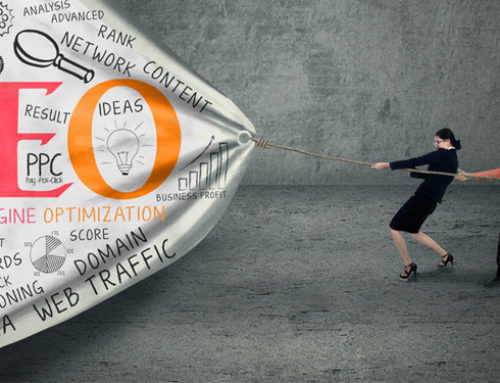Fresh content is great for SEO because search engines love them. Of course, along with the new content, there is also the backlog of every other piece of content you’ve left on your site… so what’s the best way to deal with them while boosting your SEO? Here are three quick tips:
Revitalise old content
Just because something is old doesn’t mean it’s not relevant. Stories and articles on your website may still have the answers users are looking for, still be as entertaining as they were, and still frequently referenced by publishers. So how do you breathe life into old content that’s still great content? SEO strategy changes over time, so a good start would be updating the keywords and ensuring that the content is optimised for those words.
Or don’t revitalise it
Place yourself in the user’s shoes. If you were them, would you still be interested in this content? Is there still something of value you can take away from it? This is especially true with old products and services that you no longer offer – delete it! Other than being misleading this sort of content can lead to confused customers asking for things you don’t have. This is the same for anything else that is no longer needed – for example, ex-employee profiles and job ads.
If you are particularly sentimental, another alternative is redirecting old content to newer content. Although it isn’t really advisable to leave pages for old products and services, you can redirect users to the newer versions.
Links, links, links
Another way to drive traffic to existing content is through new content. Where relevant, link back to articles and stories unique to your site. This will give the page rankings of the old content a much needed boost.
In a similar vein, where appropriate, you can link back to authority sites. Authority sites are trusted sites; usually government, educational, news and current affairs (consider ABC, NSW Fair Trading, The Guardian). While it is well known that links from authority sites will boost your SEO, linking to authority sites can have a similar, though perhaps less potent effect. Regardless, search engines will take into consideration the links on your website, assigning authority to your content, which help SEO.


